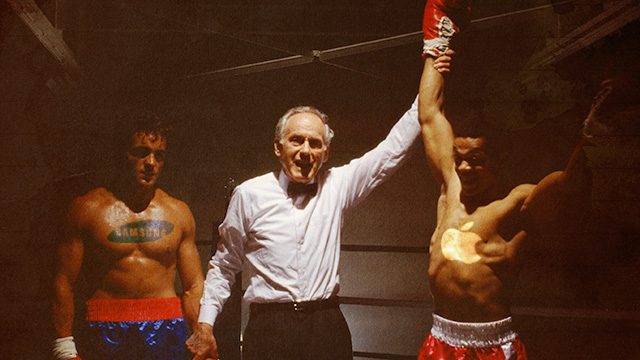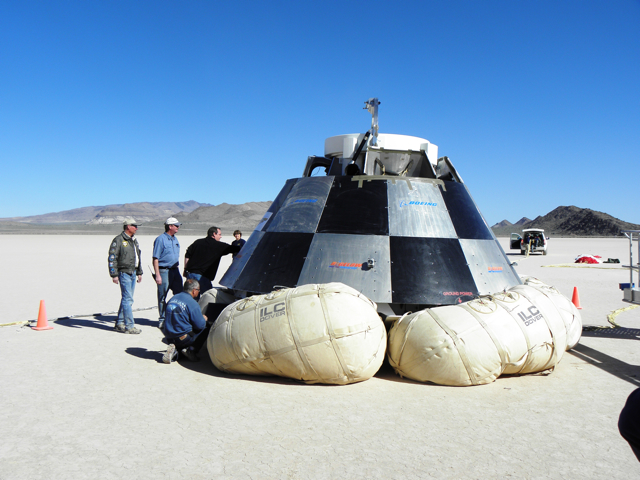
A jury of seven men and two women has just read the Apple v. Samsung verdict to a packed courtroom—and it was all bad news for Samsung. The Korean electronics giant has been found to infringe all of Apple’s utility patents and all but one of the four design patents asserted, and was ordered to pay more than $1.05 billion in damages to Apple.
That’s less than the $2.75 billion Apple asked for, but still a huge sum. If it holds up on appeal, it will stand as the largest patent verdict of all time. More importantly, it gives Apple a huge leg-up in the corporate patent wars, and immeasurably strengthens the company’s negotiating position with regard to the Android phones it is struggling against.
Samsung has been the number one seller of smartphones in the U.S. in the past few years, and this verdict could alter the balance of power. Apple’s ultimate target is Google, which created the Android operating system that runs on Samsung smartphones. Steve Jobs thought Android was a rip-off of Apple products, and vowed to declare “thermonuclear war” on the competing OS, according to his biography.
from Ars Technica



